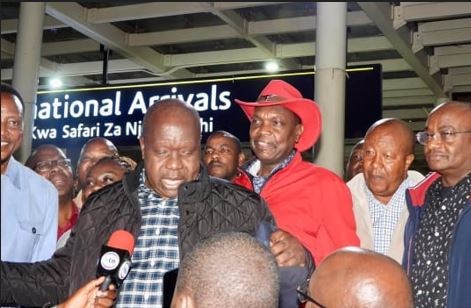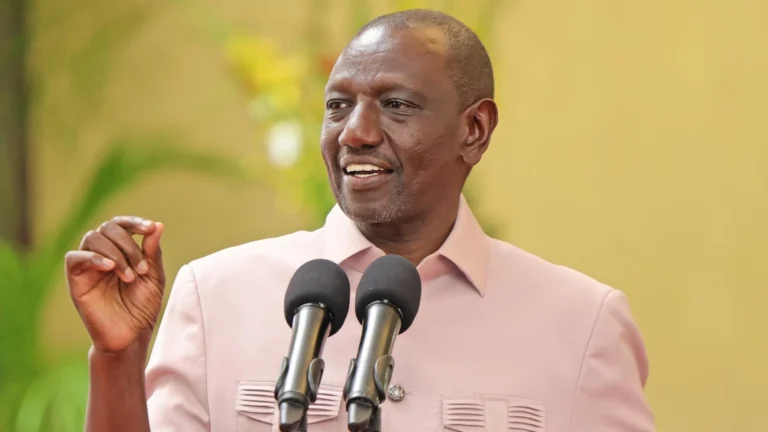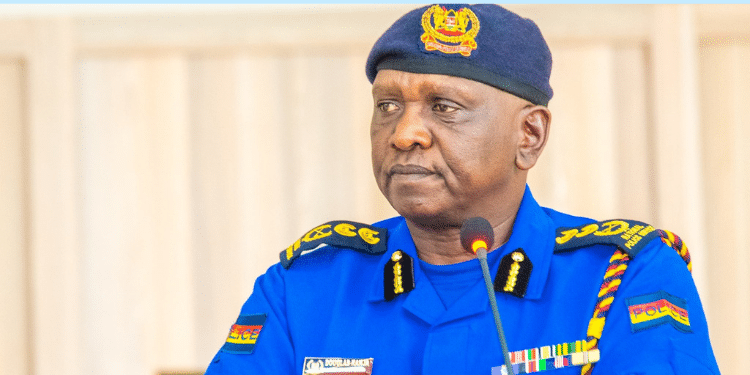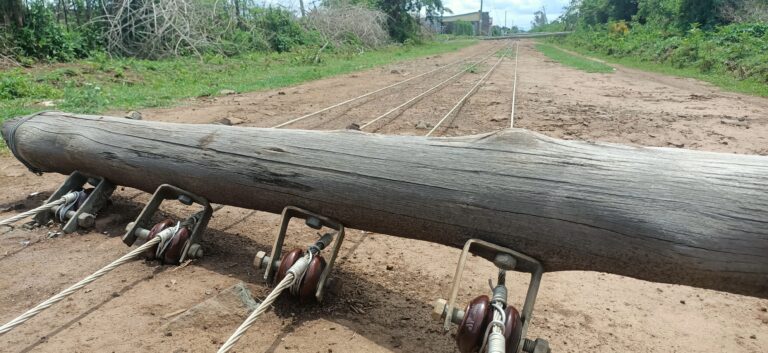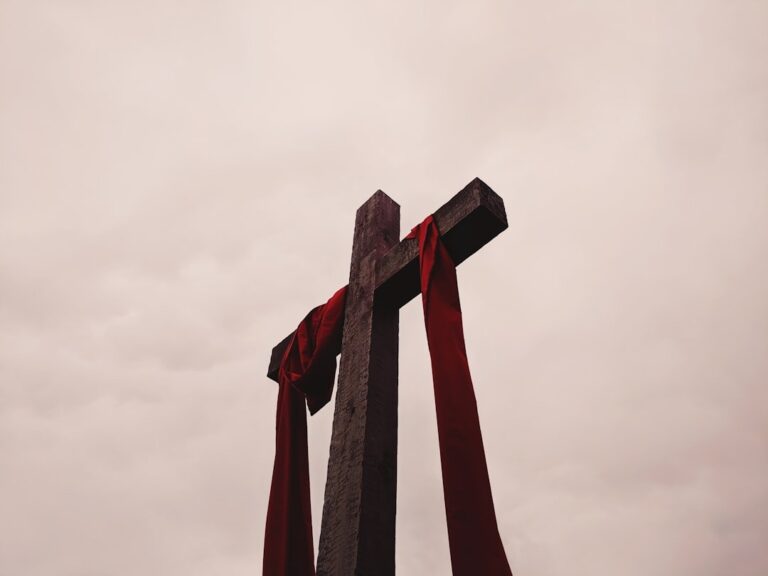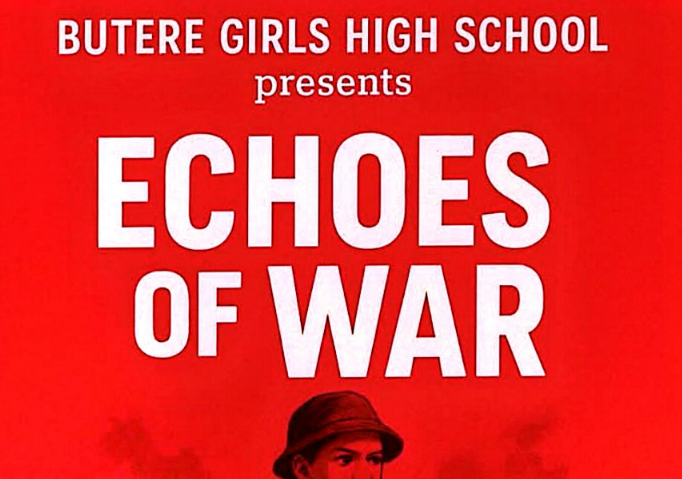
In recent weeks, a powerful wave of conversation has gripped Kenya’s creative and educational spheres, sparked by the controversy surrounding a student play titled Echoes of War. At the centre of this firestorm is Butere Girls High School, whose drama team was set to stage the performance during a national school competition—until events took an unexpected and dramatic turn.
The play’s writer, Malala, found himself behind bars shortly after Echoes of War gained viral attention online. His arrest ignited immediate and passionate resistance, most prominently from the students and staff of Butere Girls, who refused to go on stage until their director was released. Their bold stand triggered national attention and drew many to ask the central question: What is it about this play that has caused such a stir?
Synopsis
Echoes of War is no ordinary school drama. It is a bold, fictional allegory that holds a mirror to Kenya’s own societal tensions, exploring the dangerous chasm growing between the old and the young. Set in the fictional realm of Royal Velvet Emirates, the play explores a kingdom on the brink of collapse, grappling with the explosive consequences of generational mistrust.
At the heart of this narrative is Mustafa, a brilliant fourth-year IT student whose mind burns with innovation. Determined to use technology to uplift his people, he develops a groundbreaking telemedicine app that gains national recognition. For a moment, it appears that his genius will be embraced by the ruling elite. Even Sultan, the monarch of Royal Velvet Emirates, publicly praises him.
But the tides quickly turn.
Old social media posts resurface—sharp, unapologetic critiques of the Sultan’s regime written by a younger, more reckless Mustafa. What follows is a swift, harsh backlash. The same system that once hailed him now brands him a traitor. In a chilling display of power, Sultan orders Mustafa’s execution, casting him as a threat to national stability.
Mustafa’s arrest does not go unnoticed. His mother, portrayed as a compassionate but fierce figure, pleads for her son’s life and questions the moral compass of the regime. Her emotional appeals, though heartfelt, are ignored by the powerful.
Enter Anifa Imana, a mysterious character whose very presence challenges the norms of the play’s world. Anifa is more than human—she is designed as a personification of artificial intelligence, representing the power and potential of a connected generation. She is calculating, charismatic, and strategic. Using social media and digital tools, she mobilizes a nationwide rebellion from behind a screen.
She becomes the voice of youthful resistance—disseminating fake documents, challenging official narratives, and galvanizing mass protests. Through her, the play explores the sheer force of information warfare, where truth and fiction blur, and power shifts from the streets to the servers.
The emotional weight of the play intensifies when it is revealed that a senior police officer, initially depicted as cold and loyal to the Sultan, is in fact Anifa’s father. His inner conflict represents the torment of a generation caught in between duty and truth. Witnessing the destruction brought about by the regime he serves, he resigns, abandoning his uniform in protest—a powerful metaphor for personal and national reckoning.
Echoes of War is more than a school play. It is a creative work of art that challenges systems, provokes thought, and demands conversation. The reaction it has stirred—from arrests to protests—is a testament to the power of storytelling, especially when it dares to confront uncomfortable truths.
In a society grappling with the voices of its youth and the resistance of its traditions, this play has forced the nation to listen—to the new, to the bold, and yes, to the echoes.
